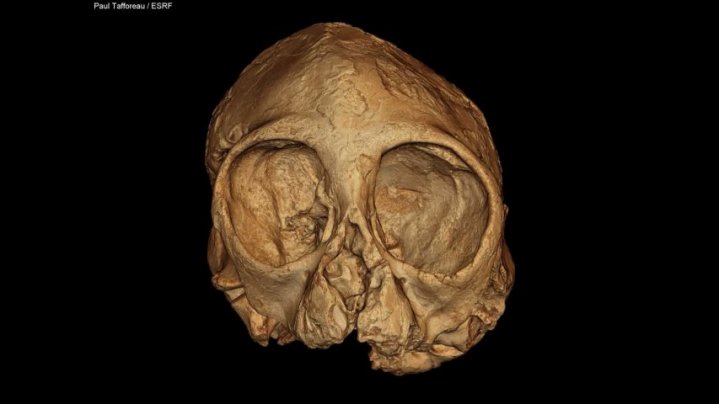
Several conspiracy theories have surfaced online since the discovery of elongated skulls in the Peruvian theory. Many conspiracy theorists believed that aliens have once lived in Peru, while others claimed that these skulls are that of human-alien hybrids.
But now, a new study published in the journal Current Anthropology has revealed that these elongated skulls have nothing do with aliens or extraterrestrials, instead, the practice of skull elongation was very common in those ancient ages. Researchers also made it clear that similar elongated skulls were discovered from various parts of North America, Africa, and Europe.
During the study, researchers analyzed the skulls of the Collagua people who roamed in the Colca Valley in south-eastern Peru around 1100 to 1450 CE. The researchers believed that people used to bind up their baby's head to give them a pear-shaped skull. After measuring carbon and nitrogen isotope analysis of the bones, researchers found that Collagua women with elongated skulls used to eat a more varied diet which indicates that they were more privileged than others in the community.
Interestingly, the remains of these women with elongated skulls had less physical violence inflicted on them. According to the study's author, this is a sign that Peruvians who had elongated skulls could be from the royal family.
Several historians reveal that the elongated skulls among Peruvian people were a part of their collective identity. These elongated skulls acted as a matter of pride, and it helped them to stand unique and privileged.
"In times of crisis and social upheaval, the creation of new kinds of collective identity can strengthen or undermine political reintegration. It may have promoted cohesion among local elites and facilitated cooperation at higher levels of inclusiveness to coordinate agropastoral exchange, manage irrigation, or mobilize against outside forces, including (but not limited to) the encroaching Inka state," said Matthew Velasco of Cornell University, the lead author of the study, Brinkwire reports.
As historians and archaeologists believe that these elongated skulls were a part of Peruvian's social status, alien buffs are once again disappointed, and they are looking for some solid clues to substantiate these skulls are of extraterrestrial origin.








